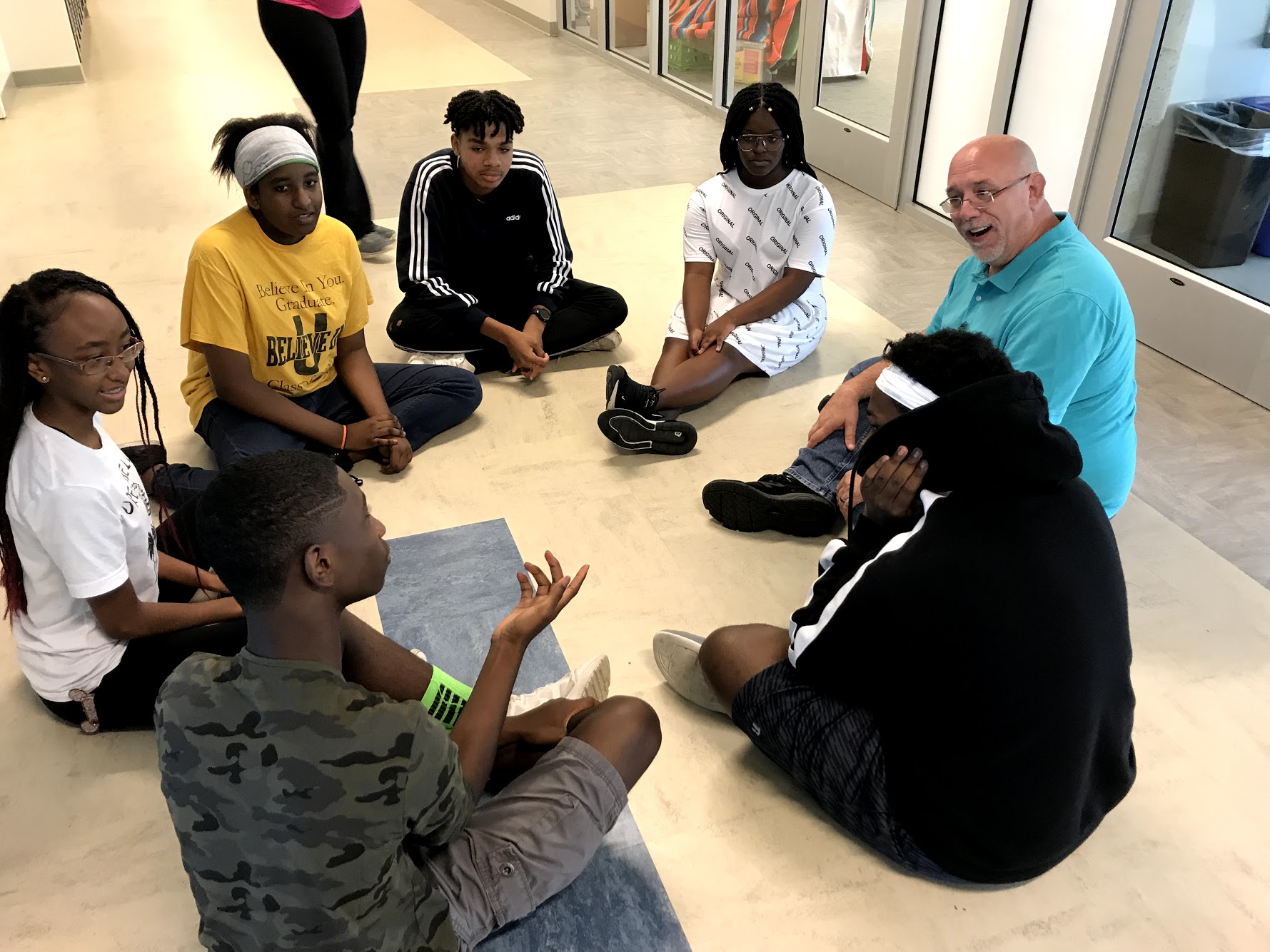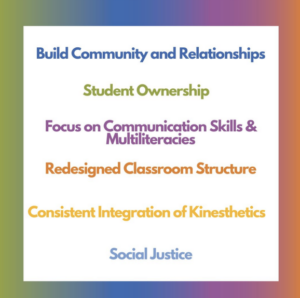
Back to Basics
February is the month of love, friendship and overflowing happiness. However, our mood doesn’t always match the holiday. As we enter into this month, it can often be the most challenging of the year. It is the long stretch after the holidays and before Spring Break. If you are feeling overwhelmed, and just done, know that you are not alone. As our creativity is at an all-time low, it can be helpful to go back to the basics. Instead of trying to reinvent the wheel, take a moment to refocus and remember what OWL is all about.
The number one priority is relationships and building community. This can be the most valuable reset that we do at this time of the year, and one way that February can recenter us. Pause, breathe and make sure that we are connecting to kids. Are they ok? How are they feeling? How can we be authentic and relevant in our connection with them and the content?
As you look at these characteristics, think about how they are playing out in class and in relationship with your students.

Are we focusing on listening to our students?
What do we know about them?
What more do we want to learn about them?
How are we incorporating movement into class?
How are we incorporating games and activities?
How are kids interacting, asynchronously or synchronously? Through writing, speaking or video?
Are we taking into account all kids, and including their experiences and perspectives?
As we reflect on these elements, the OWL Values below can help us hone in on the specific strategies that will achieve the above goals.
Six OWL Values
- To cultivate intrinsic motivation & student ownership
- To build community and relationships
- To be fearless in a second language environment
- To take risks and make mistakes
- To be able to infer and circumlocute
- To create an immersive, target-language environment
Are we incorporating lots of activities where students are inferring and circumlocuting? Especially with the screens or socially distanced spaces, it is essential to simplify and go back to the language basics. Ensure students are acting it out, drawing it out and using what they know. Whatever the level, we can incorporate manipulatives and visuals to enhance interest and understanding.
As we explore the environment, how is everyone engaging in the target language? Do students care about what we are talking about currently? In every curriculum we can find the entry points into something that impacts them in their daily lives, through their emotions, opinions or experiences.
As you reflect on these guiding questions to help simplify, it is vital to know that you are doing a good job. This is a difficult year, yet you are showing up and doing the work to connect with students. Congratulate yourself on all that you are doing and know that it is enough. Let the kids know that they are enough. Continue to encourage yourself and them and look for the positive moments in each day. Let February be the month of connection and positivity in your classroom.
